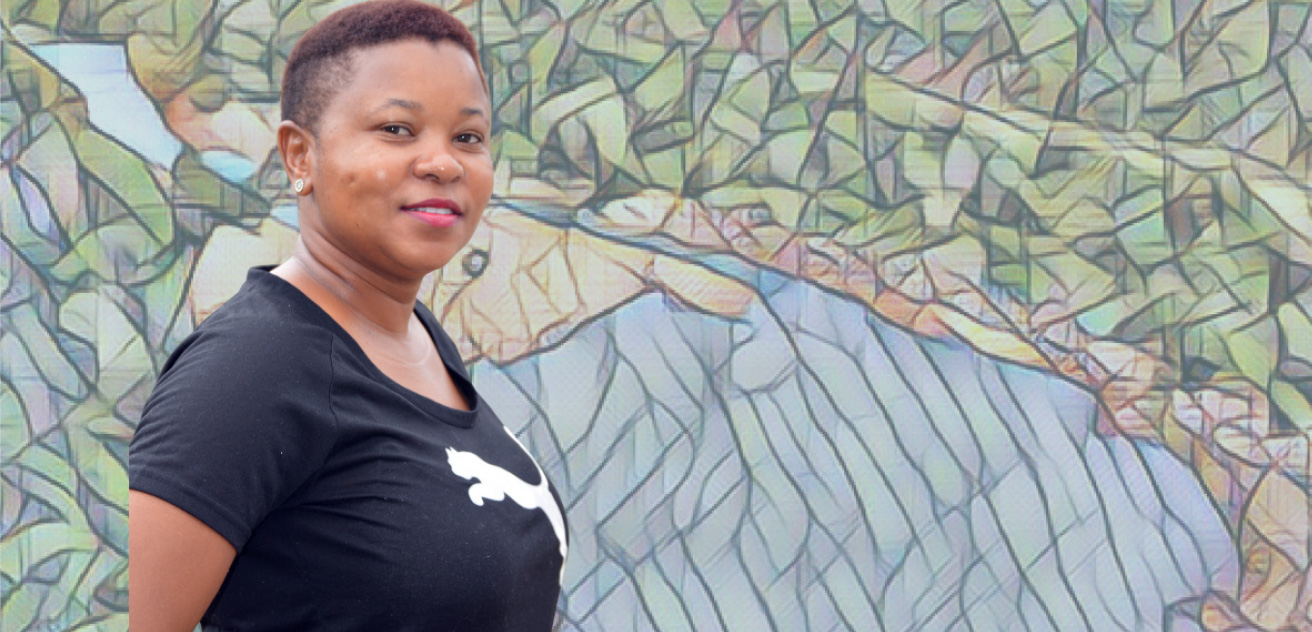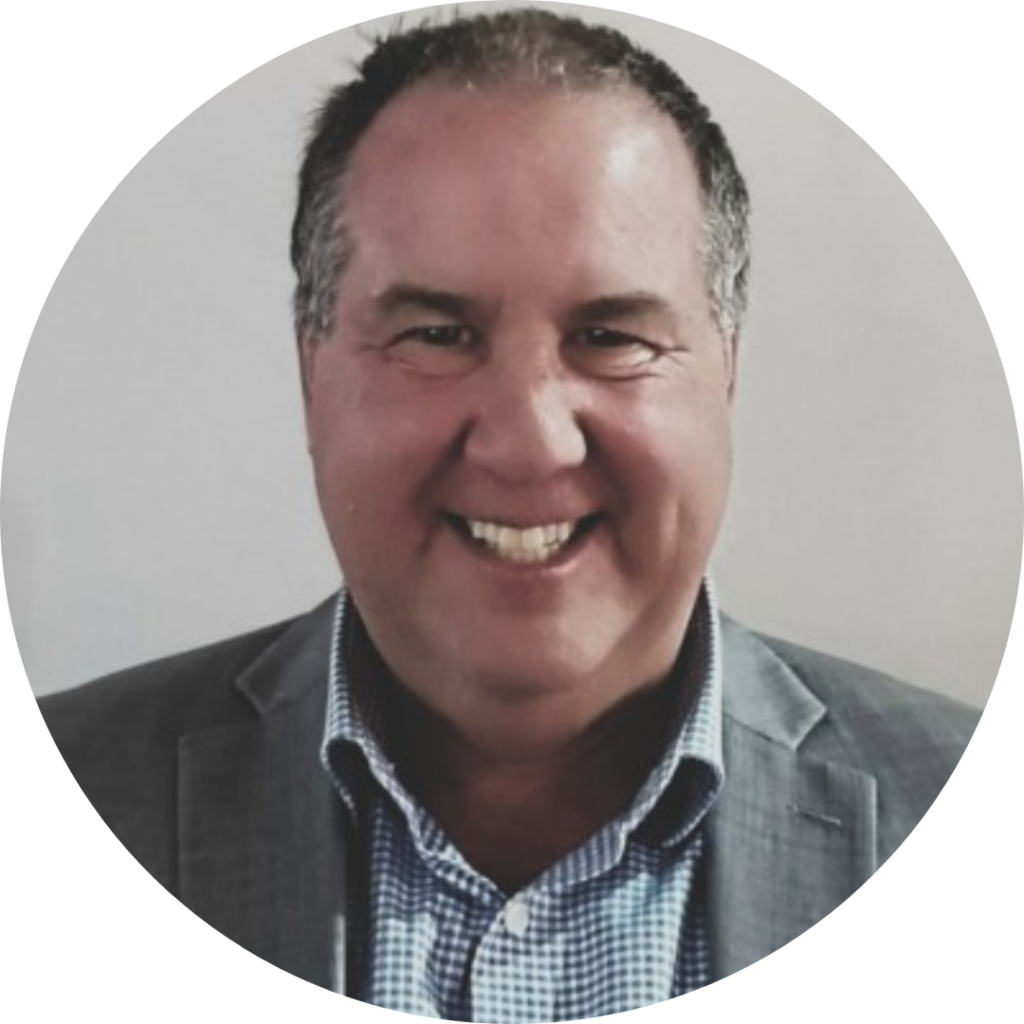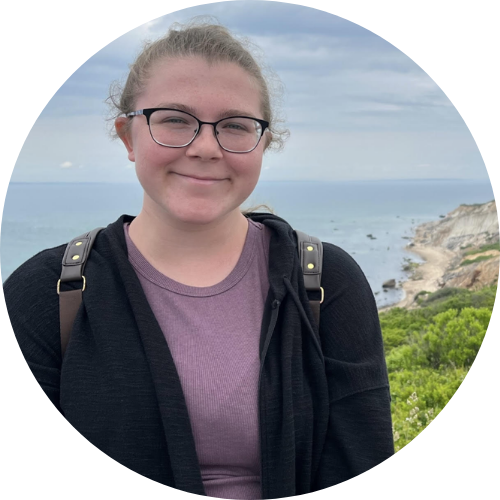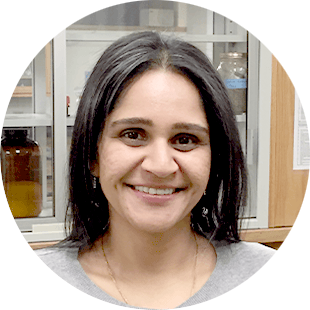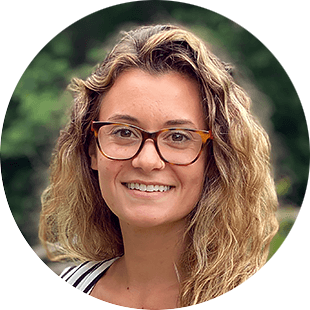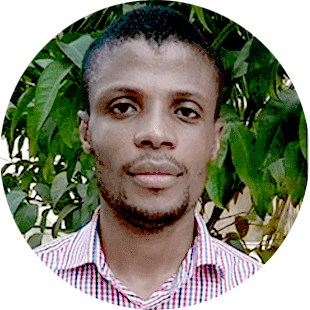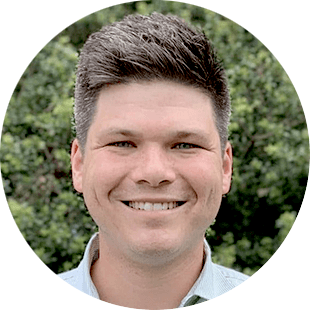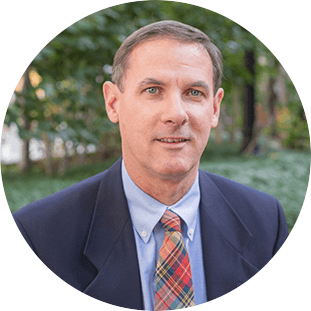How much do you know about the water you drink?
Is it safe? Are there hidden risks you can’t see or taste, like heavy metals?
If you live in rural Eswatini (formerly Swaziland), you may have no choice but to rely on risky water sources like rivers, streams, or unprotected wells without knowledge of the safety of water from these sources.
Thanks to Thabile Ndlovu, PhD, that gap is closing.
Since receiving an Instrumental Access shipment in 2020, Dr. Ndlovu and her colleagues in the Department of Chemistry at the University of Eswatini have relentlessly focused on monitoring the presence of heavy metals in the country’s water supply. Even small amounts of heavy metals in drinking water (like arsenic and lead) can cause dangerous health conditions.
Dr. Ndlovu’s goal is to establish a baseline of knowledge about her country’s water—the most important factor for human and agricultural development. And with greater understanding of water safety as it is today, experts will have the data they need to make informed decisions about the future of Eswatini’s water supply.
Efforts to improve access to water in rural Eswatini have stopped short of making sure the water is safe to drink, explains Dr. Ndlovu. Access to water is unquestionably good, but only if the water is safe.
But thanks to Instrumental Access, “our department has the equipment that can go beyond increasing access,” she says. “We can determine the level of heavy metals in the water and identify solutions to make it safer.”
Establishing reliable national data
From her investigations so far, Dr. Ndlovu has found that water in Eswatini’s rivers and streams do contain low levels of heavy metals, none of which are being purified currently. So while these specific findings are on an unimaginably small scale, their influence is enormous for Dr. Ndlovu.
Her concern is that even a very small amount of heavy metal in drinking water can, over time, accumulate and cause severe health consequences. And having the most accurate foundation of information about the problem allows Dr. Ndlovu and other scientists to leverage their expertise to find a solution.
Of course, she can only put her expertise to use when she has access to robust scientific resources. She cannot monitor water safety, devise a solution, or test her hypotheses without the equipment, funding, and support that scientists rely on.
“Our work in the field and the lab requires access to equipment that we simply did not have before,” says Dr. Ndlovu. “Our goals are ambitious, and they can only be achieved when we have the right instruments to follow through.”
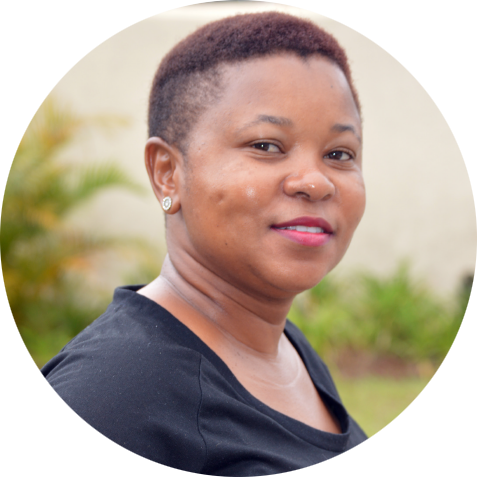
Dr. Thabile Ndlovu
University of Eswatini, Eswatini
Looking to the future
The 2020 Instrumental Access shipment was a critical first step for increasing Dr. Ndlovu’s local access to resources for science. The nearly 3 tons of equipment that arrived on campus are essential for this effort to monitor Eswatini’s unimproved water sources.
The future is full of promise as well.
“I am hoping that in the next 5 years, our research outputs will improve so we can be certain our bank of data is specific to Eswatini,” Dr. Ndlovu says.
With access to data and to resources, she and her colleagues will be prepared to shape the future of Eswatini, its water, and the people who call it home.
Seeding Labs’ mission to build capacity for institutions to lead development in their countries would be impossible without the support of our community. Thank you to the 31 donors who supplied equipment for this shipment.
If you would like to support future institutions that are solving their nations’ most pressing issues, start your journey by visiting our website.
